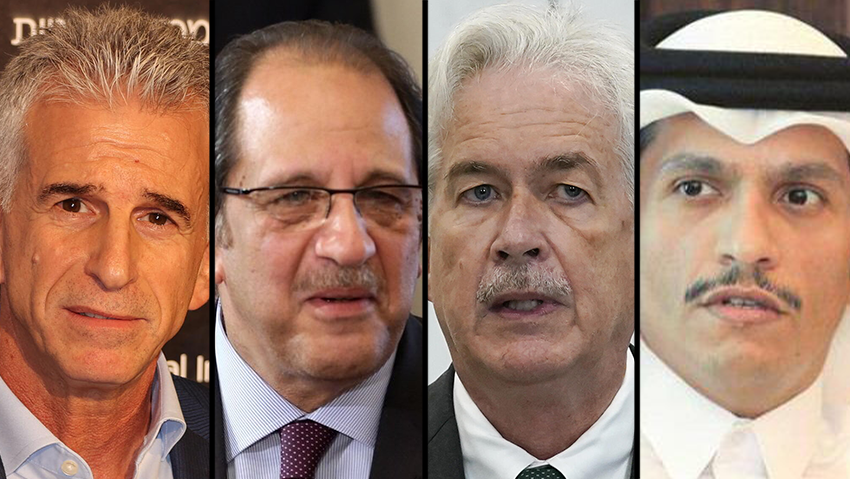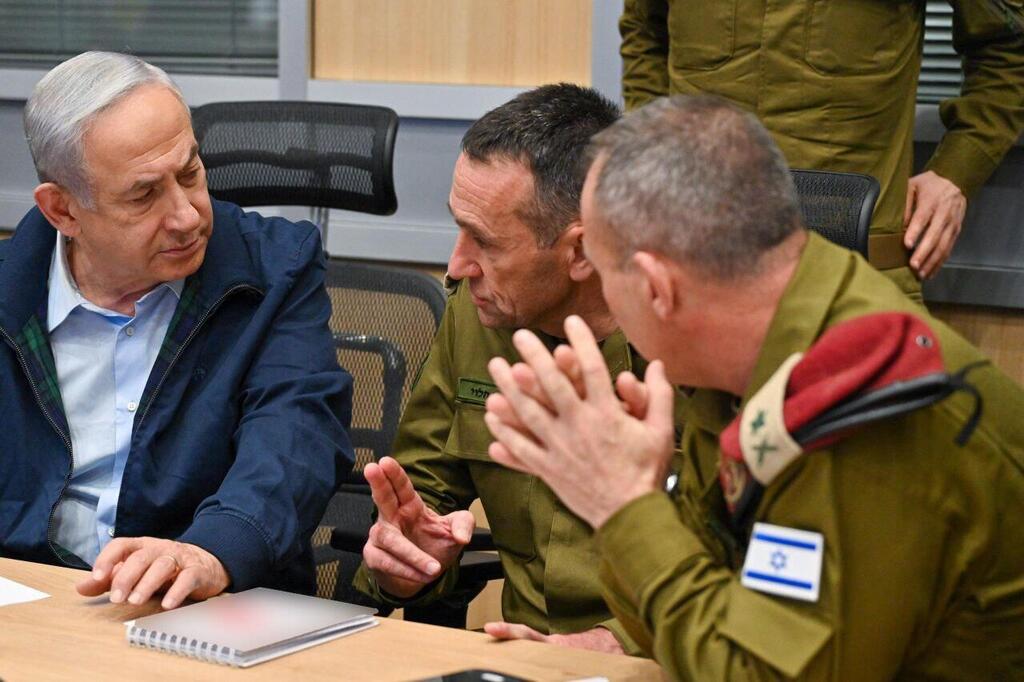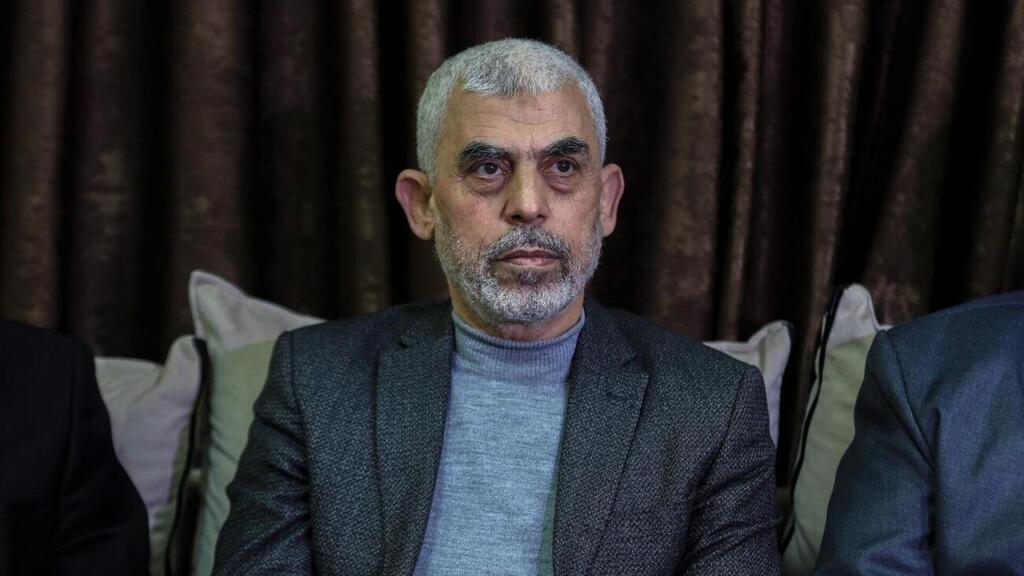Getting your Trinity Audio player ready...
Although Israel rejected Hamas' demands for a hostage deal and said it wasn’t a point from which negotiations could begin, intensive talks are taking place behind the scenes while intermediaries are attempting to improve Hamas's proposal and create a framework that would allow the start of a negotiation process. The intermediaries include CIA Director William Burns, Qatari Prime Minister Mohammed bin Abdulrahman Al-Thani, and Director of the Egyptian General Intelligence Abbas Kamel.
More stories:
Burns is expected to arrive in Cairo on Tuesday, hoping that the sides would narrow the gap in positions and that an Israeli delegation headed by Mossad chief David Barnea would also arrive in Egypt.
3 View gallery


David Barnea, William Burns, Mohammed bin Abdulrahman Al-Thani, Abbas Kamel
(Photo: Yariv Katz, AP, EPA)
The war cabinet said earlier that there was intention of participating in the talks in Cairo amid the Hamas demands and unless position of the terror group had changed.
Israel insists that during the first stage of the deal, which is the humanitarian phase, 35 women, elderly, and sick hostages would be released, and a release of Palestinian prisoners would be according to the previous hostage deal's guidelines of three prisoners freed for every hostage released. Israel also insists that other demands made by Hamas including restricting Jewish visitors on Temple Mount, would be removed from any negotiations.
Israel is still debating whether Hamas leader Yahya Sinwar is involved in the ongoing talks, given the military's assertion that he is completely disconnected from other of the group's leaders while trying to escape capture in Gaza’s underground tunnels. This is contradicted by Qatar and the U.S. who believe that Sinwar is involved in the negotiations and successfully conveys his messages to other Hamas leaders.
Meanwhile, the War Cabinet has agreed that any further discussion on a deal be presented to the security cabinet before an Israeli delegation sets out for Cairo if and when there is a breakthrough.
3 View gallery


Prime Minister Benjamin Netanyahu and IDF Cheif of Staff Lt. Gen. Herzi Halevi in the War Cabinet
(Photo: Kobi Gideon, GPO)
At the same time, Israel continues to talk with the Americans and Egyptians to ensure that the planned military operation in Rafah is coordinated with Egypt, and for Israel to ensure that Gazan civilians evacuate before the start of the operation.
The War Cabinet, which approves the transition from one stage to another in the war in Gaza, is set to approve the operation in Rafah. During the War Cabinet’s meeting last week, Prime Minister Benjamin Netanyahu said he instructed the IDF to expand its operations in Rafah.
"It is impossible to achieve the goal of the war of eliminating Hamas by leaving four Hamas battalions in Rafah," Netanyahu's office said. "On the contrary, it is clear that intense activity in Rafah requires that civilians evacuate the areas of combat."




